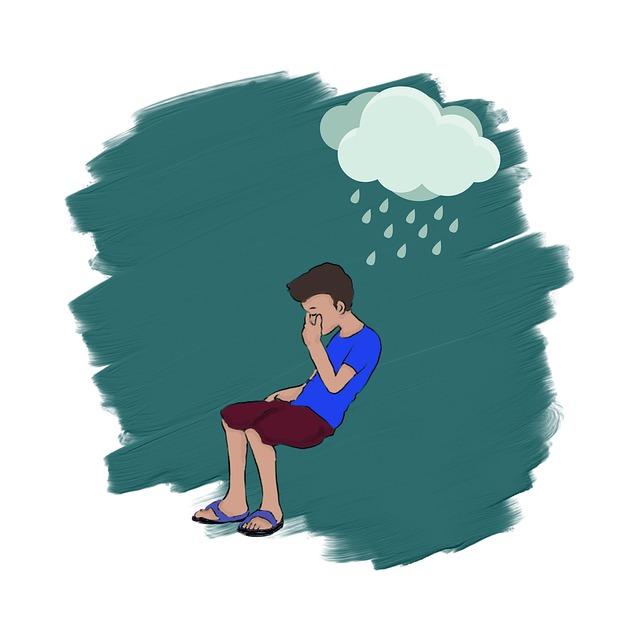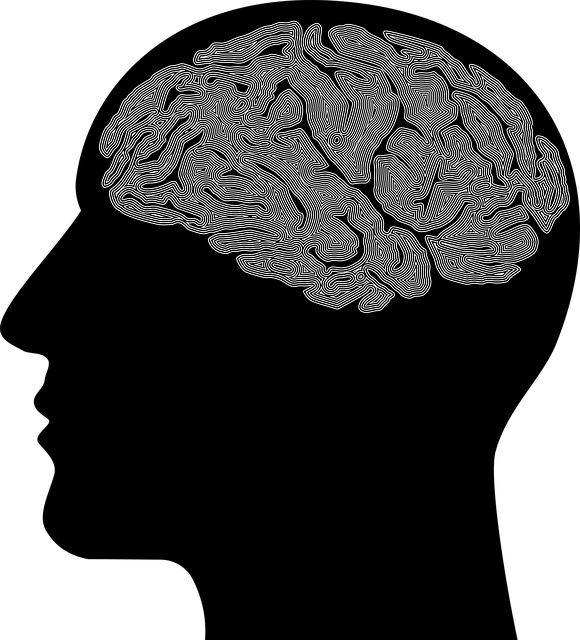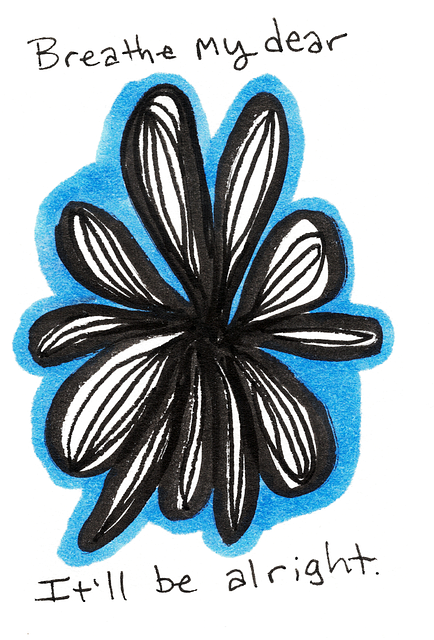Chronic stress severely impacts the mental and physical health of adults with conditions like cancer, diabetes, or heart disease, leading to burnout. Effective therapy strategies include Mental Health Awareness initiatives, Burnout Prevention Strategies for healthcare providers, and adopting healthier lifestyles. Key approaches involve regular exercise, balanced diets, mindfulness practices, social connections, and supportive communities. "Therapy for Adults Chronic Illness" emphasizes building resilience through multifaceted techniques like mindfulness, self-care, cultural competency training, and enhanced communication, empowering individuals to manage stress and improve overall well-being.
Stress reduction is a vital aspect of managing chronic illnesses. This article explores comprehensive strategies to alleviate stress among adults living with persistent health conditions. We delve into understanding the profound impact of chronic stress and its effects on overall well-being. Through lifestyle modifications, therapeutic interventions, and resilience-building techniques, readers will discover effective ways to navigate life’s challenges. From dietary changes to therapy options, these approaches aim to empower individuals in their pursuit of long-term mental and physical health.
- Understanding Chronic Stress and Its Impact on Adults with Illnesses
- Lifestyle Changes for Effective Stress Reduction
- Therapeutic Approaches to Manage Chronic Stress
- Building Resilience: Coping Strategies for Long-Term Wellbeing
Understanding Chronic Stress and Its Impact on Adults with Illnesses

Chronic stress, often experienced by adults with illnesses, is a prolonged state of tension that can significantly impact mental and physical health. This condition goes beyond acute stress responses and has long-lasting effects on the body’s systems. Adults grappling with chronic illnesses like cancer, diabetes, or heart disease may face unique challenges due to the constant strain on both their bodies and minds. The relentless nature of these conditions can lead to burnout, a state of emotional, physical, and mental exhaustion.
Recognizing the impact of chronic stress is crucial for implementing effective therapy strategies. Mental Health Awareness initiatives play a pivotal role in equipping individuals with coping mechanisms. Healthcare providers must also consider Burnout Prevention Strategies to sustain their well-being while assisting patients. Compassion Cultivation Practices, which encourage empathy and kindness towards oneself and others, can be powerful tools in managing the emotional toll of chronic illness. By integrating these practices into patient care, healthcare professionals contribute to a holistic approach that addresses both physical symptoms and psychological resilience.
Lifestyle Changes for Effective Stress Reduction

Adopting a healthier lifestyle can significantly contribute to effective stress reduction, especially for adults living with chronic illnesses. Simple yet powerful changes such as regular physical activity, a balanced diet, and sufficient sleep can help manage stress levels. Engaging in activities like yoga or meditation has been shown to promote relaxation and improve mental well-being, offering an alternative therapy for adults dealing with chronic conditions.
Additionally, prioritizing social connections and seeking support from loved ones or even professional counselors can be beneficial. Joining a supportive community or attending stress management workshops organized by reputable organizations is another effective strategy. These initiatives not only equip individuals with valuable tools for stress reduction but also foster a sense of belonging, which is essential for maintaining high self-esteem and overall mental health.
Therapeutic Approaches to Manage Chronic Stress

Chronic stress, often associated with various health conditions, requires tailored therapeutic approaches to manage effectively. Therapy for adults with chronic illnesses involves a multi-faceted approach to address the psychological and emotional toll of living with a long-term condition. One key aspect is resilience building, equipping individuals with coping mechanisms to navigate life’s challenges. Therapists guide patients in identifying healthy ways to process stress, enhance problem-solving skills, and cultivate positive perspectives.
In addition, communication strategies play a pivotal role. Effective communication with healthcare providers, family, and peers can significantly reduce the impact of chronic stress. Compassion cultivation practices, such as mindfulness and self-care routines, are also integral to therapy. These practices help individuals develop greater empathy for themselves and others, fostering a sense of connection and reducing feelings of isolation that often accompany chronic illness.
Building Resilience: Coping Strategies for Long-Term Wellbeing

Building resilience is a vital aspect of managing long-term stress and fostering overall wellbeing, particularly for adults living with chronic illnesses. It involves developing coping strategies that enable individuals to navigate challenging situations and bounce back from setbacks. One effective approach is incorporating mindfulness techniques into daily routines. Mindfulness meditation, for instance, helps individuals stay present, reducing the impact of stressful thoughts and emotions. This simple yet powerful tool has been shown to lower anxiety and improve emotional regulation.
Additionally, cultivating inner strength through self-care practices is essential in burnout prevention strategies for healthcare providers. Regular exercise, adequate sleep, and maintaining a balanced diet contribute to physical and mental resilience. Healthcare provider cultural competency training can also play a significant role in building resilience by fostering an environment that values diversity and promotes healthy coping mechanisms among professionals. These proactive measures not only enhance the wellbeing of individuals but also improve patient care and satisfaction.
Chronic stress can significantly impact adults with illnesses, exacerbating symptoms and hindering recovery. However, by understanding its effects and employing effective strategies such as lifestyle changes, therapeutic approaches, and building resilience, individuals can take control of their well-being. Integrating these practices into daily life, especially tailored for those with chronic conditions, offers a holistic path to managing stress and enhancing overall health. For adults living with chronic illnesses, prioritizing stress reduction through therapy and coping strategies is an essential step towards a healthier, more fulfilling life.








